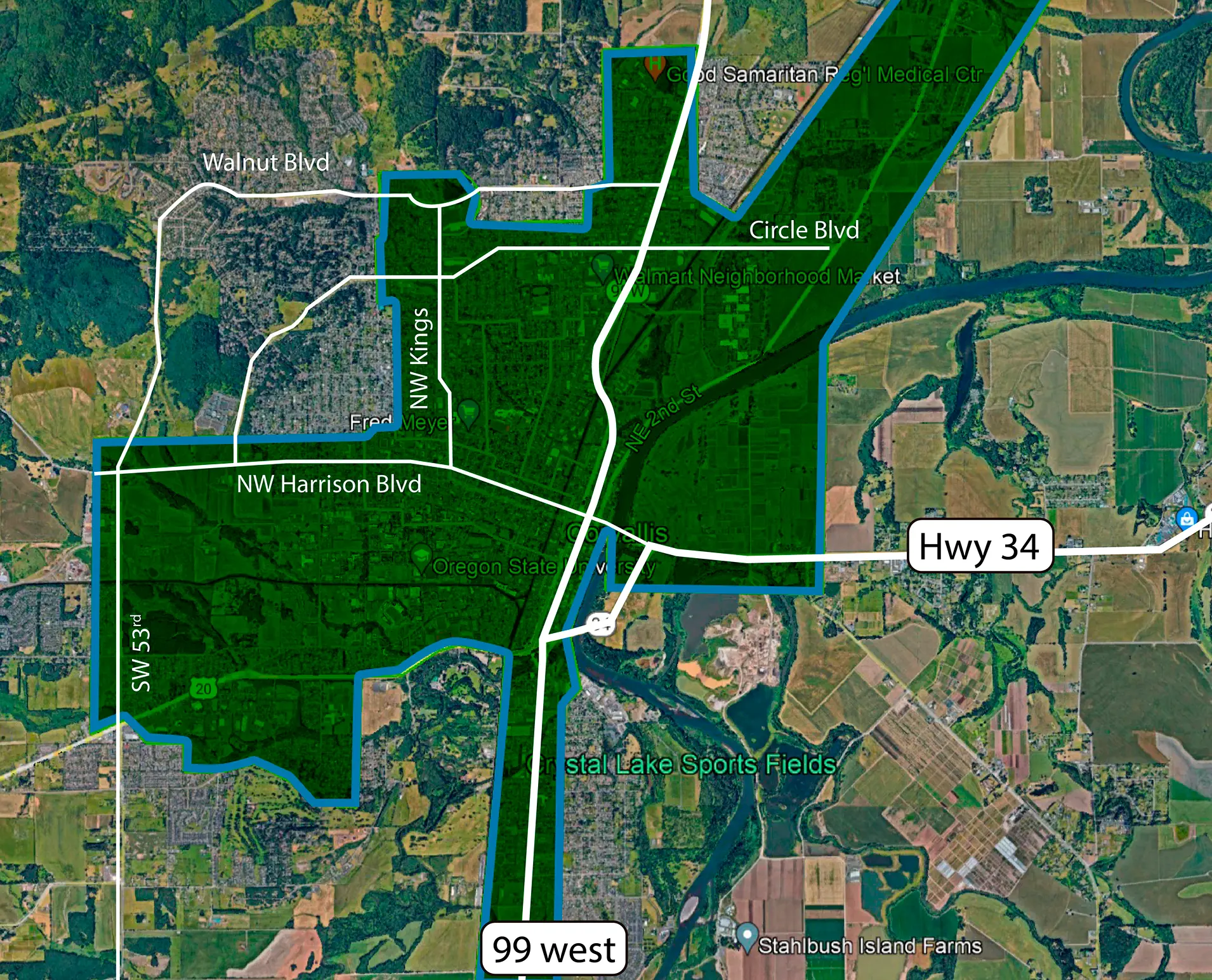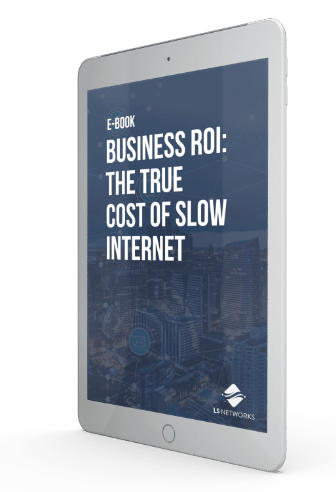Business Internet Reliability: Save Money and Keep Your Clients
When your internet connection fails, the impact ripples far beyond an inconvenience. For businesses across Oregon and Washington, internet downtime is an immediate drain on your bottom line and a silent reputation killer. Business internet reliability is essential!
What Internet Outages Really Cost Your Business?
Most business owners intuitively understand that connectivity issues hurt their operations, but few have calculated the true financial impact. Consider these often-overlooked consequences:
Customer trust erodes rapidly during service disruptions. Research shows that 78% of customers lose confidence in a business after experiencing connectivity issues during interactions. This translates directly to lost loyalty and decreased lifetime customer value.
Revenue leakage occurs immediately and compounds with time. E-commerce businesses lose an average of $13,500 per hour of downtime, with the number climbing based on transaction volume. But even service-based businesses suffer when clients can’t reach you through your website, email, or VoIP systems.
When systems go down, the productivity impact extends far beyond the outage duration. Employees stop working and spend valuable time troubleshooting, communicating issues to customers, and developing workarounds. This diversion of talent represents one of the largest hidden costs of poor connectivity.
Perhaps most concerning are the data integrity risks. Sudden disconnections can corrupt databases and compromise backup processes, potentially leading to permanent data loss that no amount of money can recover.
For a mid-sized business in the Pacific Northwest, even a “minor” three-hour outage can easily represent a five-figure loss, and that doesn’t account for long-term reputation damage as customers remember their negative experiences.
Why Most Business Internet Falls Short
“Why does my business internet cost more than my home connection but still experience problems?”
This question reveals a fundamental misunderstanding about how most providers approach business connectivity. The truth is that many “business-class” internet packages are merely repackaged residential services with minimal enhancements.
True business-grade connectivity differs in critical ways that aren’t immediately visible. Unlike standard services, genuine business connectivity offers dedicated circuits, meaning your bandwidth doesn’t disappear during peak usage times.
Your critical applications like VoIP and video, receive priority handling through end-to-end quality of service protocols. Proactive monitoring identifies and addresses issues before they impact your operations.
Calculating Your Business Requirements
Internet speed requirements aren’t simply about how many employees you have. A needs assessment should consider both current demands and future growth. For this reason, understanding your business internet speed requirements is essential to supporting daily operations and long-term scalability.
Critical Business Functions
Different business applications require varying levels of bandwidth to function optimally:
- Customer-facing applications need approximately 200 Kbps per simultaneous customer connection
- Video conferencing requires 3-5 Mbps per high-quality connection
- Cloud application suites consume 5-15 Mbps per active user
- Data backup processes need 10+ Mbps sustained for larger businesses
- Point-of-sale systems typically require 1-3 Mbps per terminal
Beyond these baseline requirements, businesses must consider growth and resilience factors that impact their connectivity needs.
Seasonal traffic spikes particularly affect retail and service businesses, requiring additional headroom beyond average usage.
“How fast should my business internet be to meet demands?”
The answer depends on your applications, user load, and long-term goals.
As you add new software or move systems to the cloud, you’ll need more bandwidth. And if your team works remotely, you need to make sure your internet can handle all those VPN connections. Plan ahead for these changes.
Why Regional Expertise Matters
National providers design networks optimized for major metropolitan areas, often leaving smaller communities with compromised connectivity. This creates challenges for businesses throughout the Northwest.
Eastern Oregon’s challenging terrain and long distances create infrastructure hurdles that require knowledge to overcome. Coastal communities frequently face service disruptions from weather events that generic solutions aren’t designed to withstand.
Rural Washington continues to experience a digital divide that impacts business operations and growth potential. Even growing mid-size markets often find that capacity hasn’t kept pace with their rapid business expansion.
These regions require providers with a deep knowledge of local infrastructure. This includes understanding physical route redundancy options specific to the area, navigating local permitting and rights-of-way requirements, maintaining relationships with regional utility companies and emergency services, and direct experience with the unique challenges of Pacific Northwest weather events.
Fiber Internet: Why Infrastructure Matters
Fiber-optic technology represents a fundamental upgrade in business internet performance. The symmetrical performance provides equal upload and download speeds, which is critical for cloud applications and remote work environments. Its signal integrity ensures immunity to electrical interference and environmental factors that plague traditional connections.
Fiber’s scalability allows businesses to increase bandwidth without infrastructure changes as their needs grow. This future-proofing makes fiber compatible with emerging technologies and growing bandwidth demands for years to come. For day-to-day operations, fiber networks have significantly fewer failure points than legacy copper networks, resulting in measurably higher reliability.
In addition, business internet speeds are much more consistent and scalable over fiber than traditional copper-based options.
Taking the Next Step: Beyond Basic Connectivity
The most successful businesses in our region aren’t asking “How can we reduce our internet costs?” They’re asking “How can we leverage connectivity as a competitive advantage?”
This perspective shift transforms internet service from a utility expense to a strategic investment that directly impacts customer experience, operational efficiency, and business resilience.
If you’re ready to move beyond viewing internet as just a utility and start using it as a strategic asset, we’re here to design a solution to your requirements and growth objectives.
LS Networks delivers enterprise-grade fiber connectivity throughout Oregon and Washington, with specialized expertise in bringing premium services to historically underserved communities.
The Lightspeed Networks Difference
While national providers see Oregon and Washington as dots on a coverage map, we approach regional connectivity as our core mission. Our locally based teams understand the lives of businesses throughout the Northwest.
We’ve invested in infrastructure where others won’t, bringing managed business internet and enterprise-grade connectivity to underserved communities throughout Oregon and Washington.
Most importantly, our support teams aren’t reading from generic scripts. They’re drawing on deep experience with local business environments to solve real problems quickly and effectively. Contact our regional specialists today to explore how strategic connectivity can transform your business operations.





